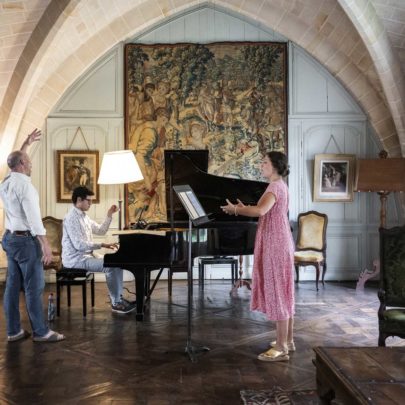New Orleans: the song of roots
in partnership with the musée du quai Branly-Jacques Chirac
Period
August 17 to 30, 2026
Teachers
Anne Paceo drummer, composer
Big Chief Juan Pardo singer, musician, dancer, chief of the Golden Comanche tribe of Louisiana
Presentation
The Transcultural Music Campus invites a “master” from a traditional culture, and a “ferryman” who is an expert in the dialogue between tradition and creation. These two artists pass on their knowledge and experience to ten musicians, and/or singers, and/or composers from all horizons, and invite them toexperiment with the process of collective transcultural creation.
The Transcultural Music Campus is looking for artists (candidates) who have knowledge of non-Western and Western cultures in all their multiplicities, and who wish to encounter musical languages far removed from their usual practice, in order to imagine and create new forms of expression together.
In 2026, the Campus Musiques transculturelles will take artists on a musical journey to the heart of New Orleans, a land of crossbreeding par excellence. At the crossroads of Africa, Europe, the Americas and the Caribbean, this city has for centuries embodied a unique force of musical transformation – the cradle of jazz, blues, funk, Creole sacred music, African and European cultures.
The aim of this new edition is for each participant toquestion his or her own musical roots, opening up a dialogue between traditions, current practices and plural artistic identities. Through a collective approach based on orality, listening and improvisation, as well as writing, the Transcultural Music Campus offers an exploration of heritages, gestures and musical forms that intersect, reinvent and resonate with the challenges of the contemporary world.
To embody this journey, two major figures guide the group: drummer and composer Anne Paceo, a versatile artist at the crossroads of jazz and traditional music, and Big Chief Juan Pardo, tribal chief and tradition-bearer of the “Black Indians” of New Orleans, heir to a living culture of spirituality, memory, ritual and rhythmic trepidation.
Organized by the Royaumont Foundation in partnership with the musée du quai Branly – Jacques Chirac, the Campus Musiques transculturelles takes place over a dozen days of workshops, bodywork and lectures, culminating in public performances at the Les Carrières Saint Roch festival (Luzarches) and the musée du quai Branly – Jacques Chirac (Paris).
Like the Campus Voix Nouvelles, dedicated to written music, and taking place in parallel, it is an invitation to compose together, from what connects us deeply, our roots.
Find out more about …
Previous editions of the Academy of Transcultural Music



Winners speak out
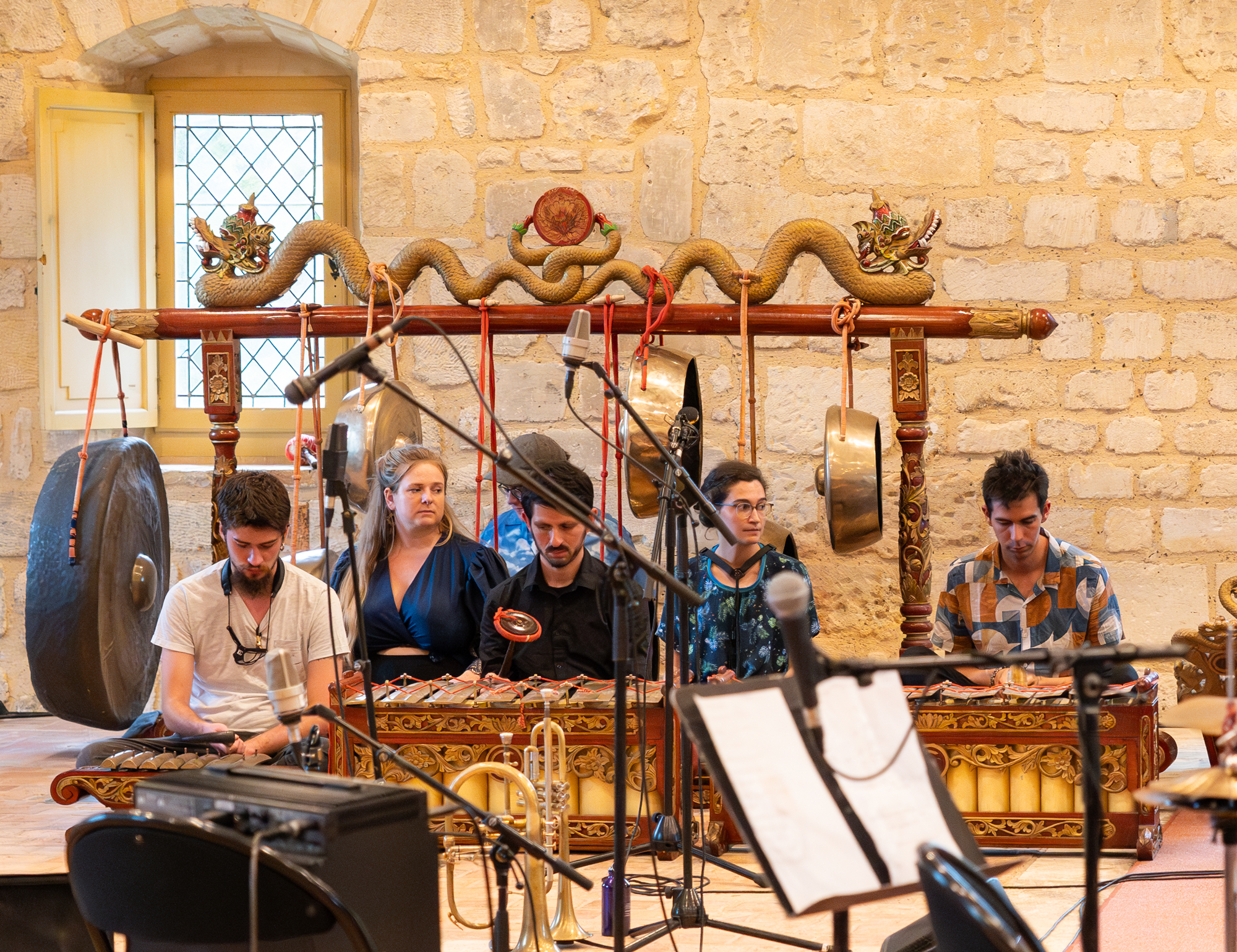
“It was a great course organized by and taught by amazing people. A warm atmosphere that made it possible to concentrate on the procedure with a lot of enthusiasm. It was full of highlights, the biggest one was the concert at the Museum, where we had the chance of sharing our compositions with the public.”
“I was immersed in the rhythms and melody of Indian and Turkish music every day for a week, and this has become my nourishment, which will have a certain influence on my future improvisation and composition, and this is a kind of cultural exchange and learning, which is very interesting.”
“The Academy offered a total immersion in the worlds brought to life by each of the speakers, surrounded by trainees of an excellent level and with a wealth of artistic ideas.”
Course modalities
August 17 to 30, 2026
Target audience
10 instrumentalists, and/or singers, and/or composers.
Prerequisites and conditions of access to training
Artists in higher education or with professional experience.
Participants demonstrate stylistic openness and a taste for musical research and creation in all its forms, and have a regular musical practice, particularly in collective forms.
The course welcomes musicians who are already experienced in the field of improvisation, as well as musicians with a written background who wish to be guided in their first approach to this practice.
Have a good level of spoken English.
Participants formally undertake to complete the entire course. Access conditions are communicated during training.
Duration
August 17 to 30, 2026, including 1 day off, i.e. 12 days (84 hours)
[arriving late on August 16 and departing after the public restitution on August 30 at the musée du quai Branly – Jacques Chirac].
Rates
See price conditions page
Application
Pre-selection based on an application, followed by an interview by videoconference.
Documents to be provided :
- Picture
- Biography, 600 characters including spaces, in French and English
- CV
- Cover letter: highlighting skills and qualities, reasons for wishing to take part in the Transcultural Music Campus, expectations.
- Several video links with musical extracts. Good sound quality is essential.
Calendar
Application deadline
October 12, 2025
Pre-selection announcement
Week of October 27, 2025
Individual interview by videoconference
Week of November 3, 2025
Final selection announced
Week of November 10, 2025
All Royaumont Foundation training programs have a minimum lead time of 11 working days.
Example: if the Royaumont Foundation validates the registration request on June 14, it can offer the beneficiary a course starting on June 29.
Fiche programme
version n°1 dated 26/06/2025
Validity of version n°1: 1 year renewable
Course description/content of the training
| Prior to training | November 2025 Meeting between training participants. By videoconference. | |
| Week 1 | August 17, 2026 Welcoming training participants : > presentation of beneficiaries, speakers, referents (educational, administrative, logistical) ; > presentation of the premises ; > presentation of the course ; > reminder of target skills/operational objectives. August 17 to 22, 2026 Every morning (excluding rest days): collective physical preparation session, lasting one hour. > Group practice sessions. > Individual practice sessions. Conferences and workshops, including : > a presentation by a researcher from the University of Paris Nanterre, to shed theoretical light on the training theme. > a communications workshop on the art of self-presentation. August 23, 2026 Day off. | This week is led by the educational advisor and supervisors. Face-to-face. |
| Week 2 | August 24 to 28, 2026 (Except August 26) Every morning (excluding rest days): collective physical preparation session, lasting one hour. > Group practice sessions. > Individual practice sessions. > Conferences and workshops. August 26, 2026 Day at the musée du quai Branly – Jacques Chirac : > to discover a selection of its instrument collection, linked to the theme of training. > for a guided tour of the museum’s collections. > for a meeting with a researcher associated with the museum, to shed theoretical light on the subject. August 29, 2026 Day of rest. August 30, 2026 Public restitution at the musée du quai Branly – Jacques Chirac. | This week is led by the educational advisor and supervisors. Face-to-face. |
Number of traines minimum / maximum
Floor staff: 1 singer, 6 instrumentalists and/or composers
Ceiling staff: 2 singers, 7 instrumentalists and/or composers
Educational objectives
Knowledge
- Develop or deepen theoretical knowledge of a specific repertoire.
Expertise
- Develop your technical skills on your voice or instrument.
- Develop your improvisation skills.
- Use vocal and/or instrumental technical and creative skills to create a collective musical form inspired by the repertoire covered, and present the fruit of this work in public at a final performance.
- Present your artistic identity to your peers in an oral presentation.
soft skills
- Identify all the people present during the training session and their roles: other training participants, supervisors, training coordinator, administrative coordinator, logistics coordinator.
- Hear and understand the demands of supervisors.
- Clearly express musical intentions and justify them.
- Be part of a collective and participate actively and positively in the creation of a collective musical form.
- Benefit from what other training participants have learned.
- Communicate with kindness, to the artists with whom you play, the relational difficulties you may encounter.
Target skills
At the end of the training the beneficiary will be able to :
- Be part of a collective musical research project, and feed it with proposals.
- Participate in a collective musical work using technical skills.
- Use your knowledge of New Orleans music.
- Develop in-depth instrumental and/or vocal practice.
- Develop an enriched improvisation practice.
- Develop an ability to listen, learn and open up to practices and music that are far removed from one’s main practice and/or that which has been the subject of one’s main education.
- Communicate your artistic identity.
Methods used
Teaching aids :
- Group physical preparation sessions.
- Group music practice sessions.
- Individual and/or small-group music practice sessions.
- Introductory session: each artist presents his or her background, artistic approach and projects to the other course participants.
- Researchers take part in workshops, theoretical sessions and debates on training-related issues.
- Public presentations at the end of the course.
Technical resources available :
- Workrooms, equipped with desks and chairs.
- Documentation via a private google drive.
- Training participants have access to a photocopier for printing out their scores.
- Non-transportable percussion instruments.
Monitoring and evaluation methods
During the course, face-to-face
- Assessment, through practical work, of the beneficiary’s responsiveness and ability to quickly integrate the proposals made by the facilitators, as well as his/her ability to integrate into the group.
The beneficiaries sign a sign-in sheet for each half-day.
At the end of training
The beneficiary receives a certificate at the end of the training course, stating the objectives, nature and duration of the action, as well as the results of the assessment of the training acquired, along with the certificate where applicable.
Qualitative assessment methods
The beneficiary fills in a qualitative evaluation form in order to assess the training’s achievements from an artistic, pedagogical, human and material point of view.
A post-training follow-up is set up, for which beneficiaries are asked to inform us of any contracts they have obtained during the six months following the end of the training.
Accessibility and consideration of disability situations
The Royaumont Foundation has made the acceptance and participation of people with disabilities a strong commitment to its project. The courses offered by the Royaumont Foundation are open to people with disabilities, and different arrangements can be made to suit the specific requirements of each course. To discuss your needs, please contact us when you register, or get in touch with our disability advisors.
Contact
Pedagogical manager
Jean-Philippe Wurtz artistic director, PôleCréation musicale
jp.wurtz@royaumont.com
Administrative manager
Samuel Agard PôleCréation musicale administrator , Artistic advisor for transcultural music
s.agard@royaumont.com
Disability referents
Samuel Agard and Doriane Trouboul
referenthandicap@royaumont.com
VHSS referent
vhss@royaumont.com
The Campus Musiques transculturelles is organized in partnership with the musée du quai Branly – Jacques Chirac.
Fondation d’entreprise Société Générale is an anchor sponsor of the Royaumont Foundation’s musical programs.
SACEM, a long-standing partner of Royaumont, supports the Pôle Création musicale de la Fondation Royaumont.
With the support of the Comité Henry Goüin.
With the support of theAssociation des amis de Royaumont.
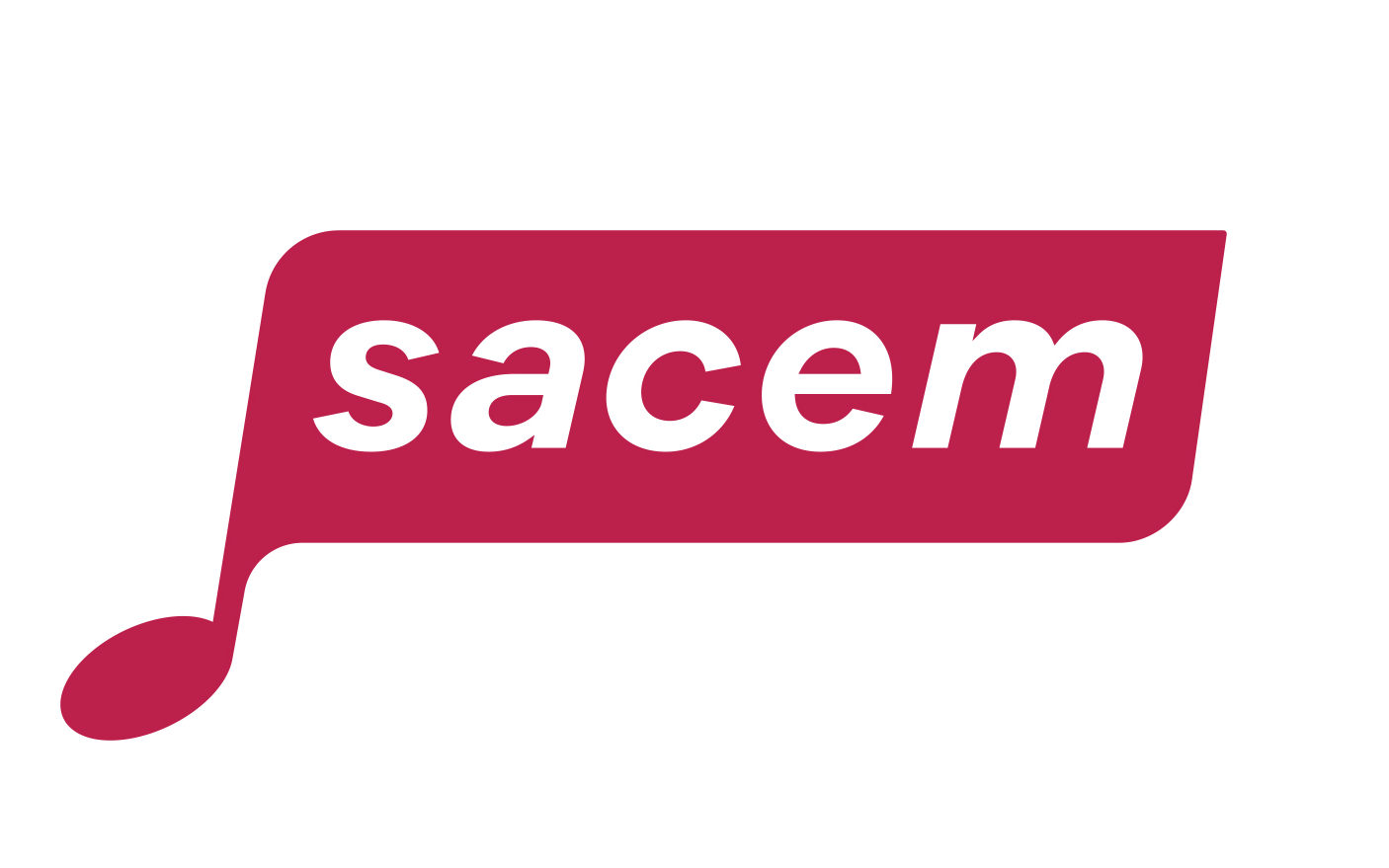
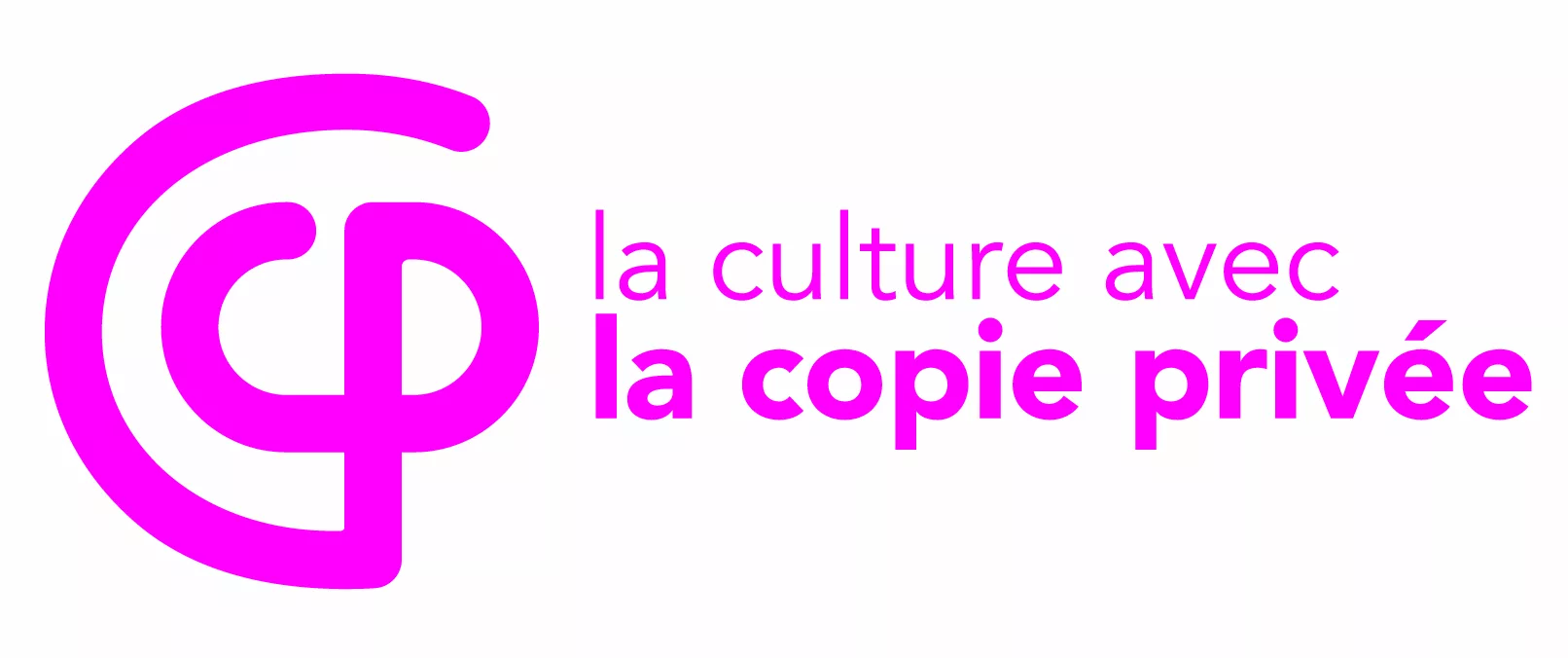
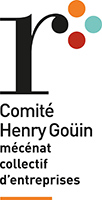

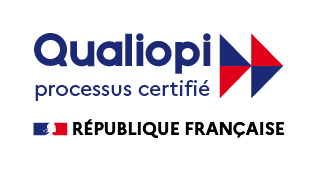
Certificat Qualiopi Royaumont
(en téléchargement)



